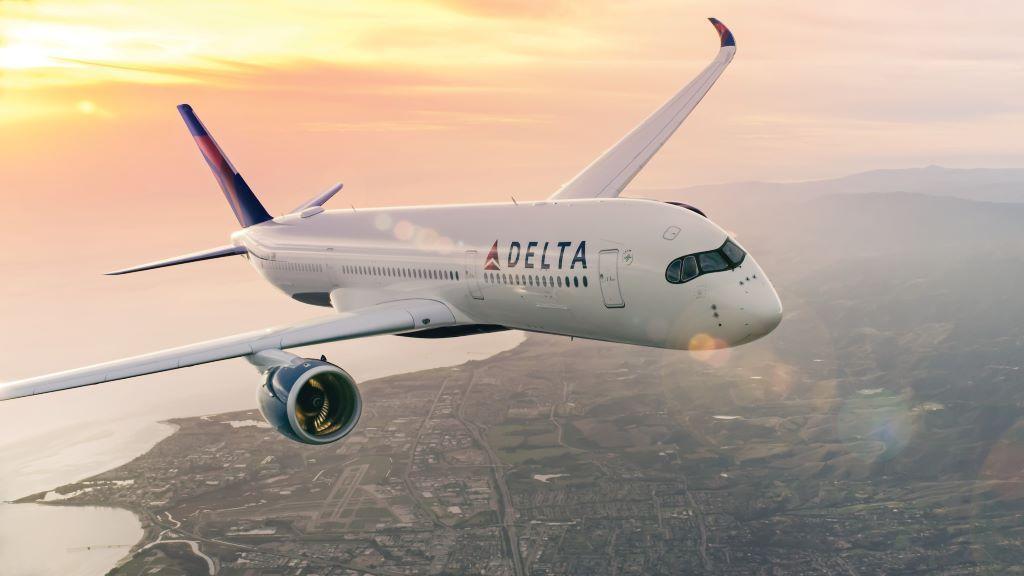
Credit: Delta Air Lines
Looking ahead to the end of 2023 and the beginning of 2024, Delta Air Lines anticipates having something it hasn’t since the pandemic started: a good baseline of demand to plan against. “Two years ago, we had Omicron, which ruined our first quarter; you couldn’t tell what the demand was going to be...
Subscription Required
This content requires a subscription to one of the Aviation Week Intelligence Network (AWIN) bundles.
Schedule a demo today to find out how you can access this content and similar content related to your area of the global aviation industry.
Already an AWIN subscriber? Login
Did you know? Aviation Week has won top honors multiple times in the Jesse H. Neal National Business Journalism Awards, the business-to-business media equivalent of the Pulitzer Prizes.





